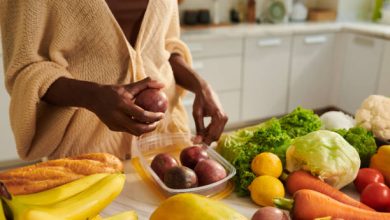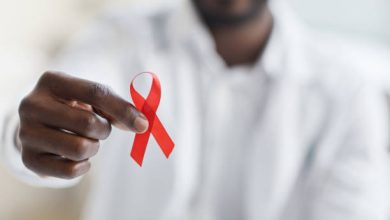8 Super Foods Rich in Antioxidants
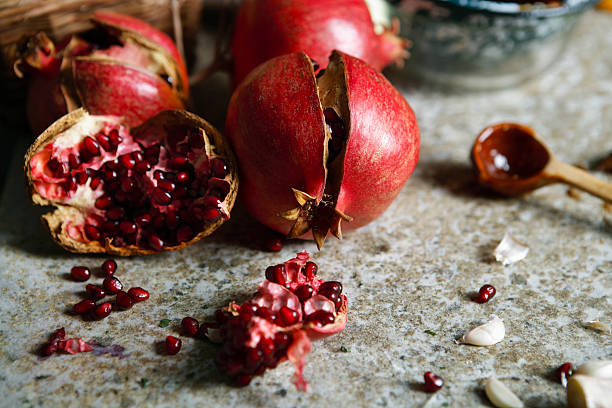
Whether you’ve been diagnosed with metastatic breast cancer or are preparing for a diagnosis, you can lessen your risk and improve your well-being through greater increments of foods containing vitamins, nutrients, and antioxidants proven to combat cancer.
If you are at risk or live with metastatic breast cancer, BlackDoctor.Org will list eight antioxidant-rich foods that can help.
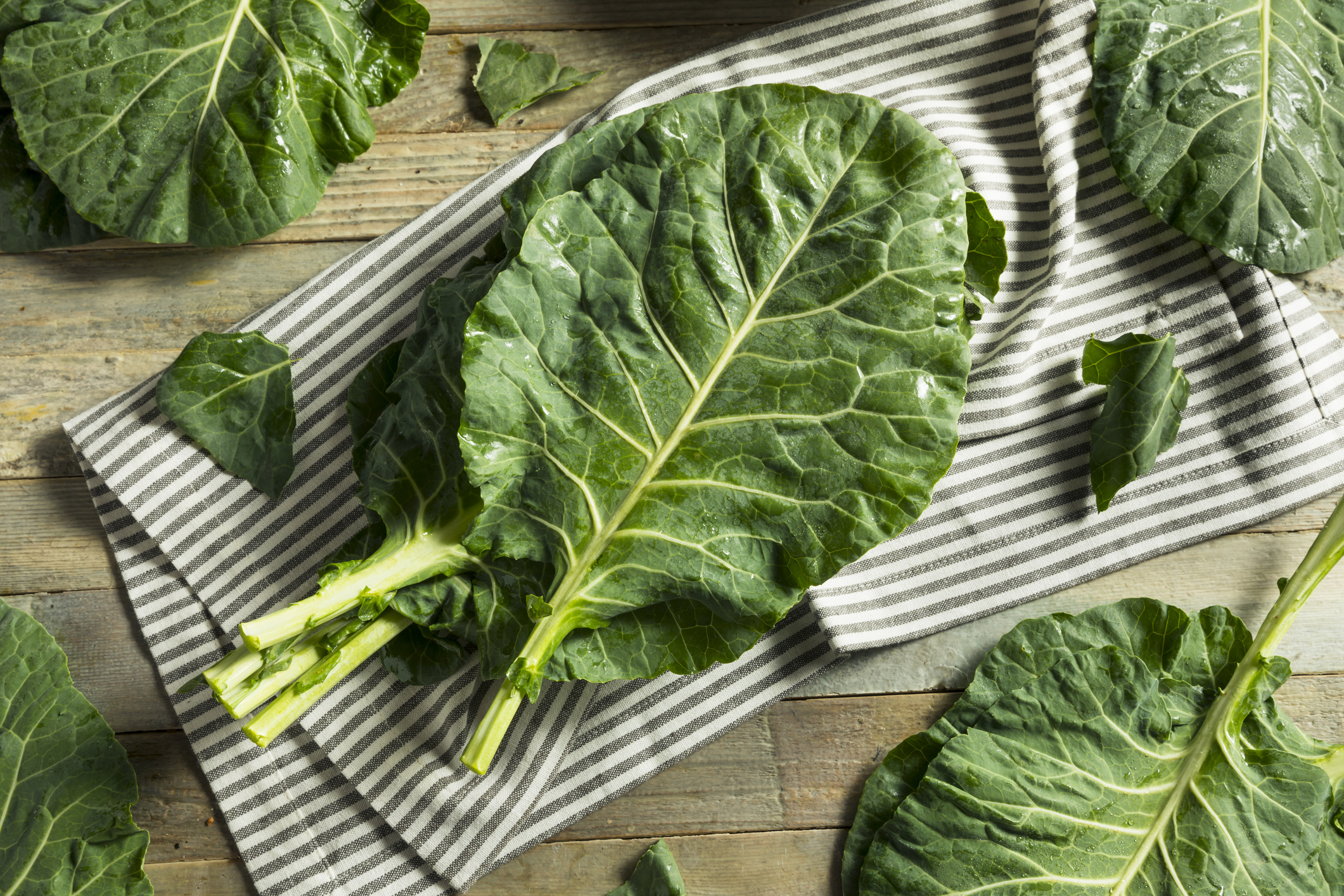
1. Stay Green With Dark Leafy Greens
It’s almost unbeLEAF-able how loaded dark leafy greens are with antioxidants that can get rid of oxidants that lead to cancer.
Dark leafy greens can be a great addition to just about any meal. Sautee them in garlic and olive oil, or incorporate them into salads and sandwiches. They also complement soups and chilis.
Dark leafy greens include:
- Arugula
- Bok choy
- Collard greens
- Dandelion greens
- Kale
- Mustard greens
- Spinach
- Swiss chard
- Turnip greens
RELATED: 8 Superfoods That Could Change Your Life

2. The Berry Family
Berries have antioxidants and vitamins that can protect cells, fix up injured cells, and pause the spreading of cancer cells. Darker berries are made up of 50 percent more antioxidants compared to lighter berries. In a 2016 study published in Antioxidants, researchers discovered that specifically blackberries and blueberries can eliminate breast tumors and cancer cells.
Berries pair great with Greek yogurt, oatmeal, and fruit salads.
Berries include:
- Blackberries
- Blueberries
- Boysenberries
- Cranberries
- Elderberries
- Lingonberries
- Raspberries
- Strawberries
RELATED: Feed Your Superpowers: 5 Superfoods For More Energy & Vitality
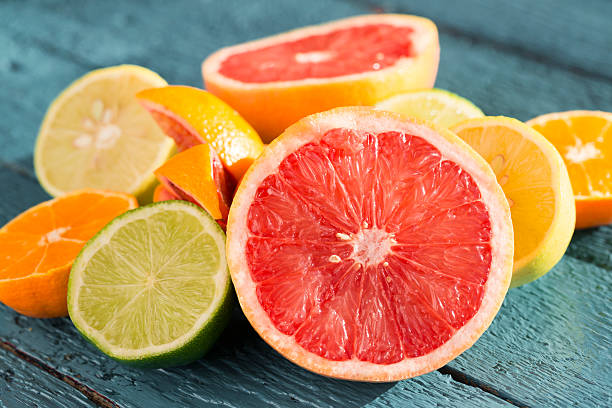
3. Witness the Benefits of Citrus
Citrus fruits are filled with vitamin C, folate, calcium, and several other nutrients that can prevent and combat breast cancer. You can enjoy citrus fruits throughout your day to snack on between meals and improve the flavor of tea and water. Get your citrus on by using it as a key ingredient in salsas, marinades, salads, and nutritious desserts.
Citrus fruits are:
- Clementines
- Grapefruits
- Kumquats
- Lemons
- Limes
- Oranges
- Pomelos
- Tangerines
- Tangelos

4. Get in the Mood for Fermented Foods
Fermented foods have large quantities of probiotics, which are bacteria and yeasts that are considered healthy. Probiotics are great for digestion and preventative measures to keep your body from taking in dangerous toxins that result in breast cancer. Based on a 2019 study in Oncology Reviews, probiotics can even boost the immune system’s ability to fight off cancer.
Fermented foods include:
- Apple cider vinegar
- Kefir
- Kimchi
- Kombucha
- Kvass
- Miso
- Natto
- Pickles
- Raw cheese
- Tempeh
- Sauerkraut
- Sourdough bread
- Yogurt
Lots of fermented foods are rich in antioxidants and nutrients that can decrease your breast cancer likelihood. Experiment with several fermented foods to find which ones you like the most, then start eating them on the regular.

5. Allium Vegetables
While “Allium” is Latin for garlic, there are a variety of other vegetables in the allium family said to lower the probability of breast cancer. Allium veggies have generous amounts of vitamin C and antioxidants.
Allium veggies include:
- Chives
- Garlic
- Leeks
- Onions
- Scallions
- Shallots
You can add Allium veggies to practically all meals, especially onions and garlic. Add them to stir-fries, soups, stews, chilis, and salads.
RELATED: 7 Superfoods That Will Give You The Most Energy When You’re Feeling Drained

6. Eat Clean with Beans
Beans are a superfood made up of tons of fiber, vitamins, and a good amount of other nutrients that fend off breast cancer. The antioxidants in beans can enable the prevention of inflammation and the repairing of wounded cells. The vitamins and minerals in beans can also solidify your immune system to make you less susceptible to illnesses and diseases including cancer.
Various medical studies show that women who consume plenty of beans have a lower threat of breast cancer. In 2018, research posted in Cancer Medicine showed that Black American women who ate beans regularly dropped their risk of breast cancer by 20 percent. In 2020, a study in Current Developments in Nutrition found that Nigerian females who ate beans on their own or in cakes, soups, puddings, and porridge were 28 percent less prone to getting breast cancer.
Beans are super versatile and can bring life to your soups, chilis, stews, and burritos.
The family of beans include:
- Black beans
- Chickpeas
- Kidney beans
- Lentils
- Navy beans
- Peas
- Pinto beans
- Soybeans

7. Cruciferous Veggies
Cruciferous vegetables are well-known as a potent cancer-fighting food. Once you chew or digest them, cruciferous veggies create unique compounds that can combat and ward off cancer. The National Cancer Institute found characteristics of these foods promoted cell damage prevention, decreased inflammation, and destruction of hazardous cancer cells. They can also disable carcinogens and keep blood vessels from developing within tumors.
Cruciferous veggies include:
- Arugula
- Bok choy
- Broccoli
- Brussels sprouts
- Cabbage
- Cauliflower
- Collard greens
- Kale
- Radishes
- Rutabaga
- Turnips
- Watercress
You can add any of these veggies to your favorite salad and sandwich or as a side with fish, poultry, and lean meats. They can also be thrown in rice bowls, soups, stews, and chilis.

8. Don’t Take it for Pomegranate
Studies display that pomegranates may inhibit and combat breast cancer. Pomegranates have compounds referred to as ellagitannins that can halt the development and spreading of breast cancer cells, based on a 2010 study in Cancer Prevention Research. In 2015, Oxidative Medicine and Cellular Longevity researchers discovered that fermented pomegranate juice decreased the growth of breast cancer lesions by 75 to 90 percent.
You can either drink pomegranate juice, or eat the seeds alone as is or toss them to salads, oatmeal, yogurt, and smoothies.

Medically Reviewed By:
Dr. Monique Gary
Dr. Monique Gary, also known as “Dr. Mo,” is a breast surgeon and wellness advocate. She serves as the Medical Director of the cancer and breast program at Grand View Health/Penn Cancer Network. Dr. Gary is dedicated to addressing health disparities for marginalized communities and promoting holistic wellness.
